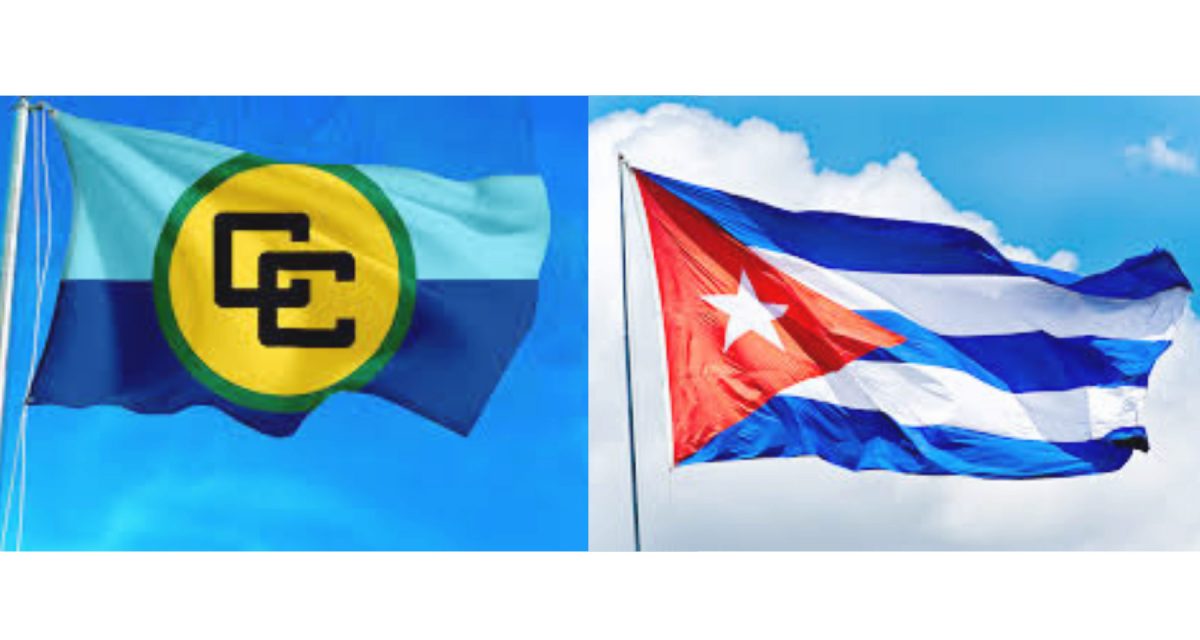The Caribbean Community (CARICOM) has declared that its member states will continue to accept medical missions from Cuba and acknowledged the contribution of these teams to the wellbeing of the Caribbean people especially during the fight against COVID-19.
In the Final Declaration of the 7th CARICOM-CUBA Summit Meeting on December 8th, members states welcomed the medical assistance provided by the Government of Cuba in response to the COVID-19 pandemic and rejected “attempt[s] to discredit, distort or disrupt Cuban medical assistance.”
They stressed that this assistance is an important aid to the region and to Caribbean healthcare system.
According to the declaration members states are deeply grieved by the loss of lives and concerned by the extensive socioeconomic effects of the COVID-19 pandemic.
The statement released after the conclusion of the virtual summit meeting appears to be a repudiation of a call from officials of the United States government for all nations to stop using Cuba’s medical missions.
In September U.S. State Department officials told a news conference in New York that Cuba’s international medical missions are a form of human trafficking and modern slavery.
According to a report from the Thomson Reuters Foundation the State Department has claimed that Cuba refuses to pay the medical staff and held them against their will.
This is a repeat of allegations made by Brazilian President Jair Bolsonaro who last year called the Cuban doctors “slave labor”. Cuba immediately recalled its 8,300 medical workers stationed there.
Cuba has a respected health service and generates major export earnings by sending more than 50,000 health workers to more than 60 countries.
In June US Republican Senator Rick Scott introduced a bill which seeks to extend punitive measures against countries that hire Cuban doctors through the medical mission which is controlled by the government of the island.
He accused the Cuban government of participating in the human trafficking of doctors.
The Cut Profits to the Cuban Regime Act seeks to have the State Department publish a list of countries that contract doctors through the Cuban government.
According to Scott, this will influence their ranking in the State Department’s annual Trafficking in Persons Report.
The Organisation of Eastern Caribbean States immediately dismissed Scott’s claims noting that the provision of specialised healthcare through the Henry Reeve Medical Brigades has not only augmented the scarce medical resources of OECS Member States but has provided assurance to the general population of the region’s capacity to fight and manage COVID-19.
“Cuba’s support to the health sector in the Caribbean has a long and exemplary history that has benefitted numerous Caribbean citizens,” they said in a statement at the time.
Several members of the medical brigade have however supported the contention of the US government. Those doctors filed a federal lawsuit in Florida last year against the Pan American Health Organization (PAHO), an international agency that brokered Cuba’s arrangement with Brazil.
The doctors said PAHO, a division of the World Health Organization, was enabling the trafficking of medical professionals.
Ramona Matos, a Cuban doctor, who spoke at the September press conference said she worked with medical missions in Bolivia and Brazil where Cuban security agents took away the doctors’ passports and other identification.
“We were undocumented,” she said, “If anything happened to us, we got hurt, we died … nobody would know our identity.”
Nearly all of the doctors’ earnings were sent back to Cuba where they were frozen in accounts that they could not access until they completed their missions, she claimed.
“We were basically being trafficked, and we were victims and exploited by the Cuban government Matos maintained.






